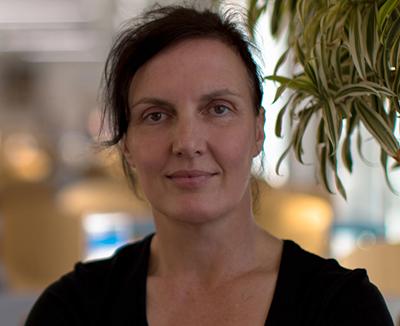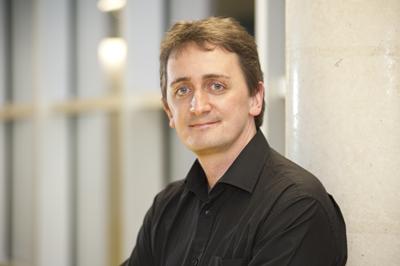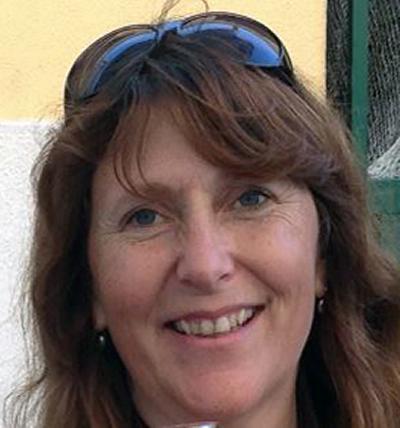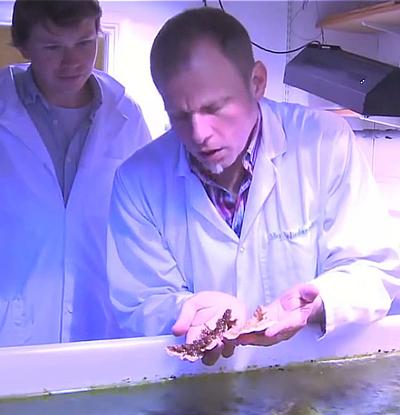
Professor Rachel Mills, Dean of Environmental and Life Sciences (Chemistry of Oceans)
“Blue Planet vividly demonstrated the enormity of the deep ocean, the vast areas of unknown, the extreme conditions out there and the extraordinary inhabitants. It is extraordinarily difficult to light the pitch black depths and the footage shown was the best I’ve seen. However good the video footage, nothing can recreate the experience of peering through the small acrylic plastic porthole of the deep diving submersible. One of the most exciting things I have ever done is to dive to the deep sea floor in the US submersible Alvin and the Russian Mir submersibles to study the hot hydrothermal vents on the Mid-Atlantic Ridge.
Watching the episode I was reminded of the extreme cold of the deep sea (woolly hats are essential for a long deep dive), the cramped conditions of the submersible, the intimacy of spending long hours inside a small sphere, and the wondrous sights of deep sea hot vents. Very few of us will ever get to explore the depths in this way and we share these experiences through our teaching, our engagement with people from around the globe in many different ways and through series like Blue Planet II.”


